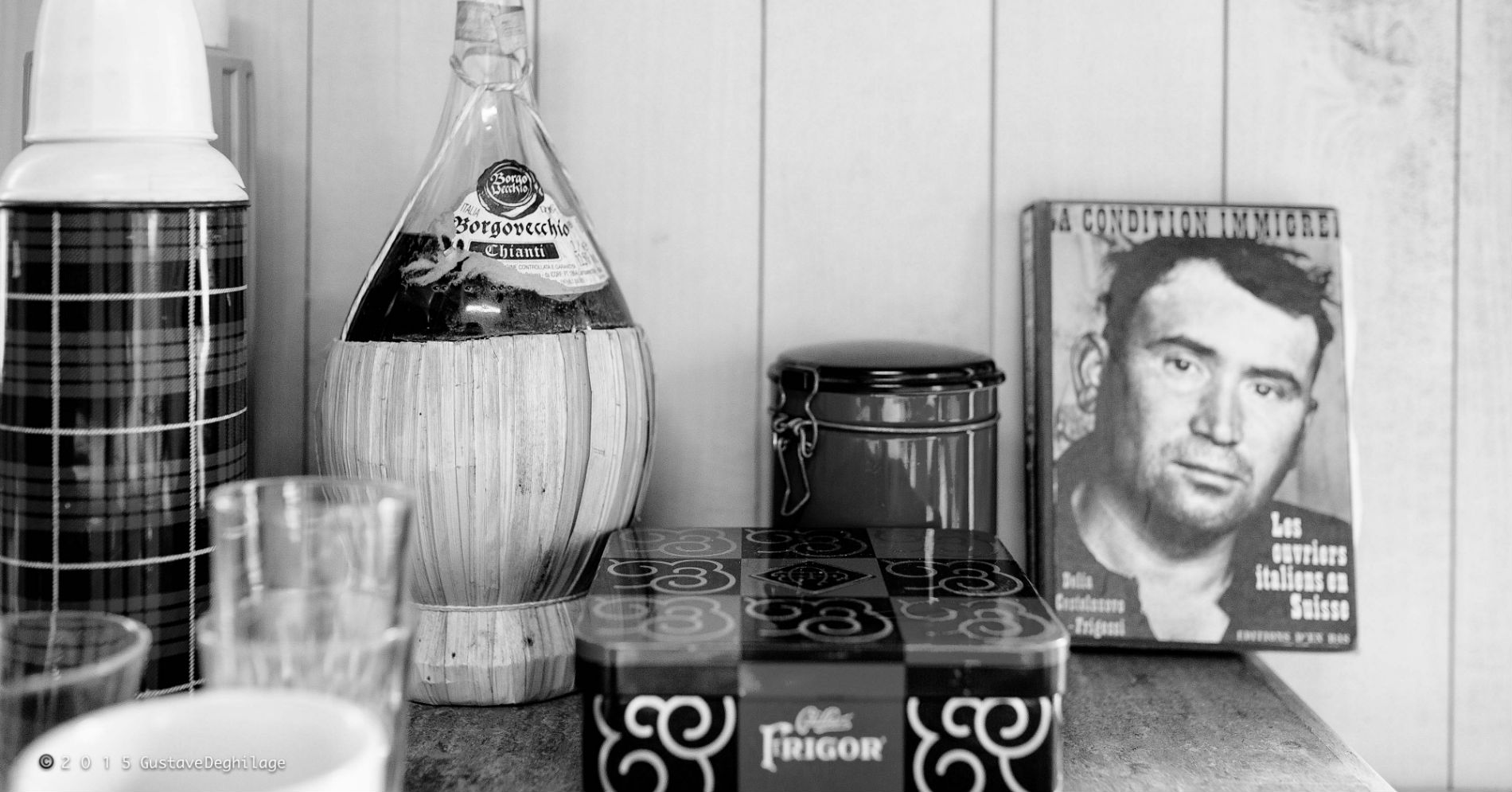“Back in 2011 I watched a dozen or so armed police in riot gear surround a small peaceful group of Afghan men, women and children outside the Greek ministry for citizen protection. The refugees were protesting delays to their asylum applications, some had been waiting years. The words of one, a man named Reza, stayed with me: “We want to show that we are human and we are here in Greece.”
“In Britain … We can express sadness over the ‘children’ dead, the ‘genuine refugees’ among the drowned, but not the survivors. They are already potential ‘illegals’. Every expression of regret at the tragic deaths is swiftly followed by an aside, almost a caveat, about the need for strong immigration controls and secure borders. Our collective thinking about the tragic events of the Mediterranean is intertwined with tabloid tales of bogus asylum claims, migrants ‘stealing’ jobs and (mis)using the National Health Service. ” Rebecca Omonira-Oyekanmi, Lacuna’s writer in residence, What it means when we call people illegal
Introduction
Lacuna is an online Magazine published by the Centre for Human Rights in Practice at the University of Warwick. It challenges indifference to suffering and promotes human rights. Its aim is to fill the gap between the short-term immediacy of daily journalism and long-term academic analysis. Building on our existing work in this field, we now seek to explore the issue of migration as a core theme of the magazine over the next year.
The movement of people is one of the crucial questions of our age. There are around 232 million people living outside their country of birth, nearly 7% of them refugees.
The reasons people move are complex, and often personal, even whilst inextricably linked to powerful structural forces such as global inequality or environmental change. Others are forced to move because of continuous conflict, war or persecution: in 2013 UN estimates put the number of refugees, asylum seekers and internally displaced at 51.2 million people.
In the last two decades or so the richest nations have upped attempts to manage the movement of the poorest migrants, and in recent years stricter controls have been extended to people fleeing war or persecution. Even as the elite and powerful in western countries benefit from the movement of goods and capital through globalisation, they ramp up border security, denying entry to the poorest and welcoming only the richest migrants.
Increasingly this conflict is captured, packaged and broadcast to the world: stories from the border of Mexico and North America, images of refugees stranded at sea turned away by the Australian government, trucks loaded with layers of people in the Sahara desert, sub-Saharan Africans clinging to a wooden fishing boat off the coast of Spain, a burial ground created for dead Afghan and Iraqis found in the river bordering Greece and Turkey, Eritrean bodies lined up on Sicilian beaches, armed police spraying tear gas on Syrian families trying to move across Europe.
It is in the public interest to provide more than a tableau of suffering, and to do more than capture only moments of crisis. Even with the proliferation of people suffering, those living in the richest countries seem collectively hostile to immigration. In Europe this has played out at the ballot box with anti-immigrant parties eliciting support and in the US, where presidential candidates win support by promising tough border control and the deportation of people without papers.
Research has also shown that it is the fear of the other, not the reality of increased migration that creates hostility. A lack of sustained public interest journalism on the issue, the inaccessibility of important academic research and the lack of coordination/solidarity between migrant rights charities with other human rights groups means the public has thus far been denied the full story on immigration.
Over the next year Lacuna will attempt to do just that. Tell the full story. We want to create a space for deeper thinking on immigration and the issues related to it; identity, exile, security, the global economy, human rights legislation, integration, statelessness, immigration detention, women, language, jobs. These are just some of the topics we want to cover. We will consider past mass movements of people, within countries as well as across continents, and highlight the best historical, economic and political thinking on the subject.
Submissions
All forms of writing and visual art will be considered: fiction, non-fiction, poetry, film, animation and photography. You may wish to investigate a particular issue, to provide commentary, reportage or expert analysis. Or you may wish to review a book, a film, a piece of music, art or theatre connected to migration. For more information, read our guidelines for submissions.
There is no word limit. If you take a look at some of Lacuna’s existing content, you will find submissions of varying lengths and a variety of different styles. The key is that you have something to say that will intrigue and inform our audience, and that you say it (or draw it, film it…) with style and innovation.
Interested? Get in touch with Lacuna’s writer in residence Rebecca Omonira-Oyekanmi at Rebecca@lacuna.org.uk
